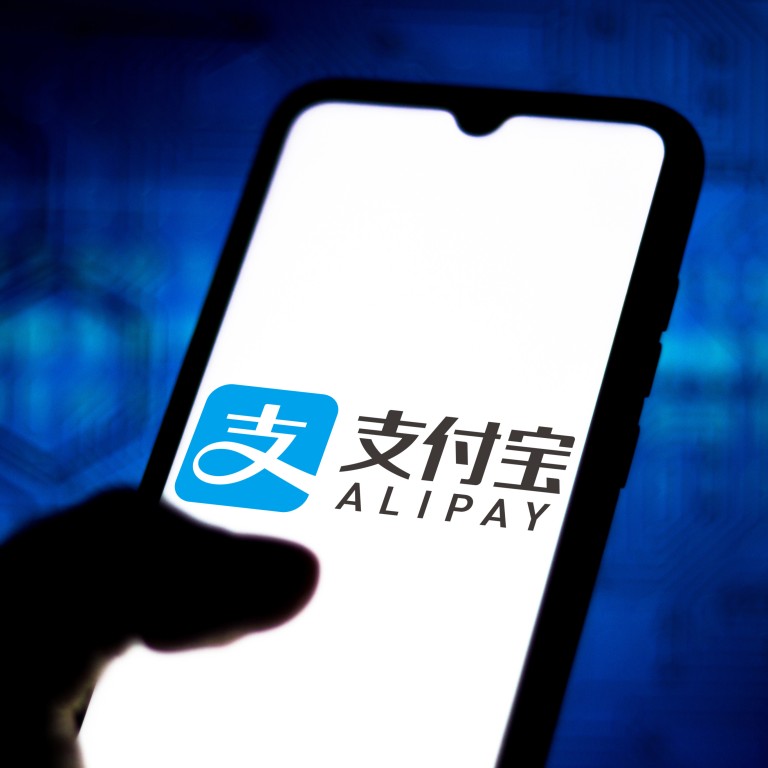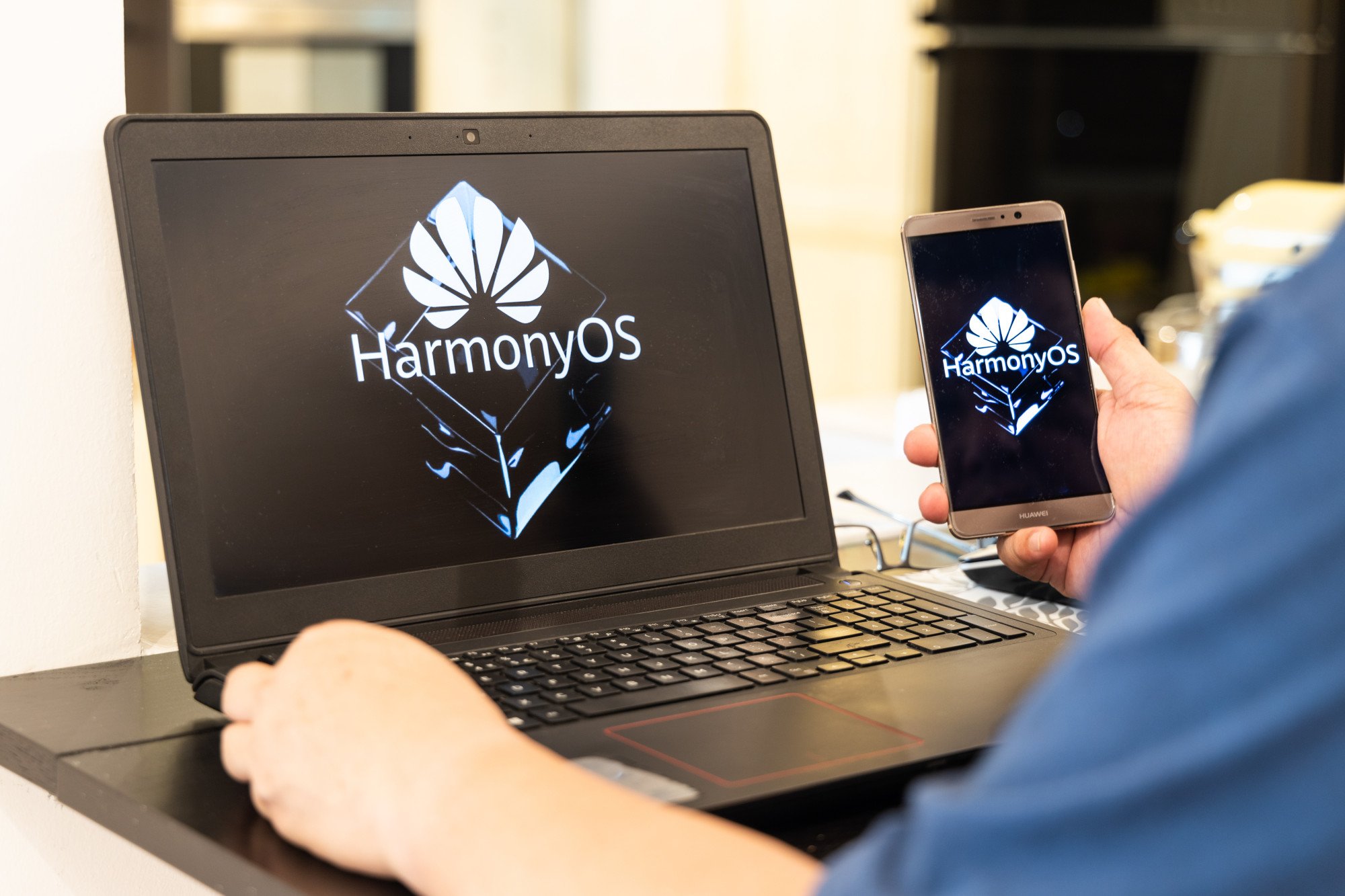Advertisement
Advertisement

Chinese fintech giant Ant Group, Huawei to build HarmonyOS-based Alipay app amid growing adoption of home-grown operating system
- Ant and Huawei’s collaboration is expected to benefit consumers who use Alipay and the Chinese tech giant’s devices across different scenarios
- The strategic cooperation underscores the growing momentum of HarmonyOS’ adoption in the world’s biggest e-commerce and smartphone market
Tracy Quin Shanghai
Chinese financial technology giant Ant Group is building a new version of mobile payment app Alipay based on HarmonyOS, the self-developed operating system of Huawei Technologies that is seeing growing adoption on the mainland, as the telecommunications equipment and smartphone maker reduces its reliance on Google’s Android.
The collaboration between Ant, the fintech affiliate of South China Morning Post owner Alibaba Group Holding, and Shenzhen-based Huawei is expected to benefit consumers who use Alipay and the Chinese tech firm’s devices across different scenarios, according to a statement by Ni Xingjun, president of Alipay China business group and chairman of Ant’s technology strategy committee.
“Huawei’s digital coverage in the field of Alipay mini-programs is also conducive to improving the operating efficiency of merchants on the two ecosystems,” Ni said on Thursday.
The strategic cooperation between Ant and Huawei underscores the growing momentum of HarmonyOS’ adoption in the world’s biggest e-commerce and smartphone market, which also has the largest number of internet users at 1.08 billion as of June.

The success of Alipay, along with Tencent Holdings-owned rival WeChat Pay, in China has made the country a global model for the shift to digital payments, as cash has all but disappeared from many shops and street stalls in recent years.
The deal with Ant represents an acceleration of “HarmonyOS’ native app development” efforts in the country, said Richard Yu Chengdong, chief executive of Huawei’s consumer business group and chairman of its Intelligent Automotive Solution business unit, in a statement on Thursday.
Earlier this week, McDonald’s China – with a network of more than 5,500 restaurants and over 200,000 employees serving more than 1 billion customers each year – became one of the first multinational food companies on the mainland to adopt the new iteration of Huawei’s mobile platform, HarmonyOS Next.
Huawei is expected to launch a developer preview version of HarmonyOS Next in the first quarter of 2024. HarmonyOS Next will not support Android-based apps on all Huawei devices installed with the new operating system.
Alibaba builds native app for HarmonyOS, as Huawei cuts Android ties
Alibaba builds native app for HarmonyOS, as Huawei cuts Android ties
The deal with Ant also comes more than a week after Alibaba started development on a new version of DingTalk, its workplace collaboration app, that is compatible with Huawei’s HarmonyOS platform.
Other major Chinese internet companies – including e-commerce firm JD.com, video gaming giant NetEase and food delivery market leader Meituan – last month already started to recruit developers to build native apps based on HarmonyOS.
Huawei introduced HarmonyOS as an alternative mobile operating system in August 2019, three months after the US government added the firm to its Entity List. Under this trade blacklist, Huawei is barred from buying software, chips and other technologies from US suppliers without Washington’s approval.
More than 700 million devices currently run on HarmonyOS, with more than 2.2 million third-party developers creating apps for the platform, according to Huawei’s Yu at the company’s annual developer conference in August.

3
